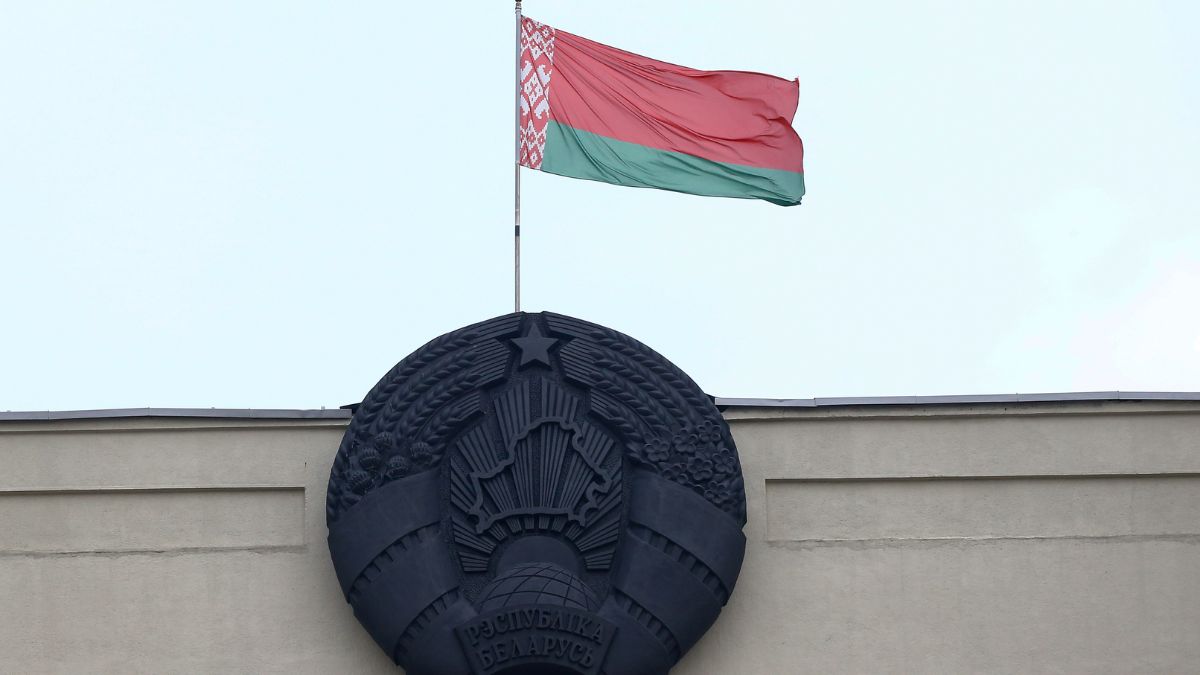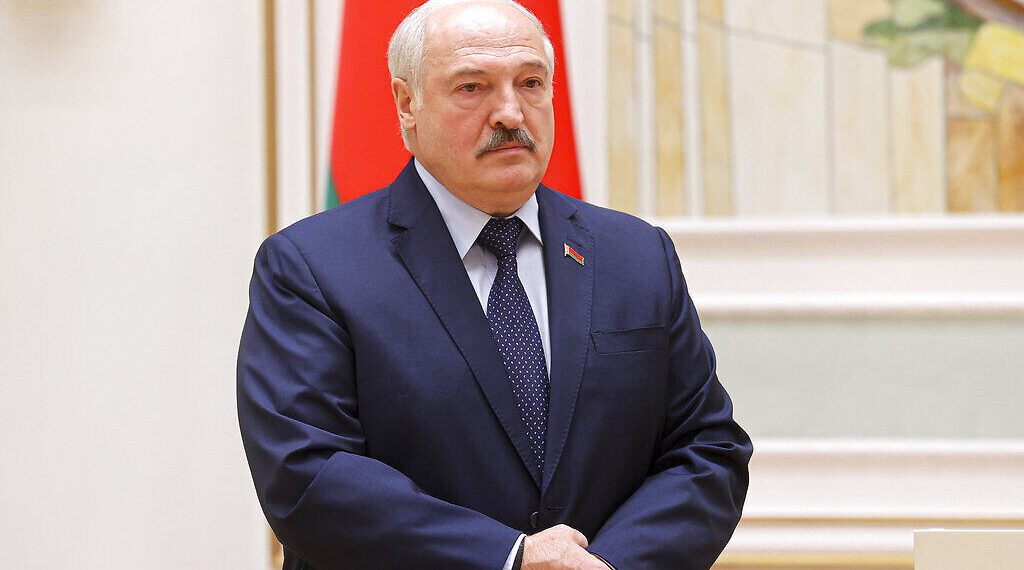Belarus has adopted a new military doctrine that, if approved, could pave the way for the deployment of nuclear weapons within the country. Belarusian Defense Minister Viktor Khrenin stated that the move is considered a crucial measure for preventive deterrence against potential adversaries and preventing armed aggression against Belarus. He emphasized that Belarus had been “forced” to implement this measure.
According to Khrenin, a dedicated chapter outlines the course of action in the event of armed aggression against Belarus’ allies in the Collective Security Treaty Organization (CSTO) and the Union States. The CSTO comprises six post-Soviet states, including Russia and Belarus, and operates similarly to NATO in terms of mutual defense.
Khrenin clarified that the new doctrine signifies that Belarus does not consider any specific nation as its enemy, irrespective of the actions of those nations’ governments. The doctrine requires approval from the All-Belarusian People’s Assembly, scheduled for April.
Belarus has played a significant role in Russia’s war in Ukraine, and this move comes amid heightened regional tensions. Last year, reports suggested that Russia delivered nuclear warheads to Belarus for “deterrence.” Belarusian leader Alexander Lukashenko has previously warned of using nuclear weapons, particularly against neighboring NATO countries, if provoked.
This development coincides with neighboring Baltic states—Estonia, Latvia, and Lithuania—signing an agreement to reinforce their borders with Belarus and Russia. The agreement involves constructing anti-mobility defensive installations aimed at deterring and defending against potential military threats. The Baltic states are reinforcing their defenses amid concerns of a potential invasion by Russia, considering Belarus as an ally.

The geopolitical landscape in Eastern Europe is marked by increased security concerns, with neighboring countries taking defensive measures in response to regional tensions and conflicts. The situation remains fluid, with implications for the broader European security environment.





